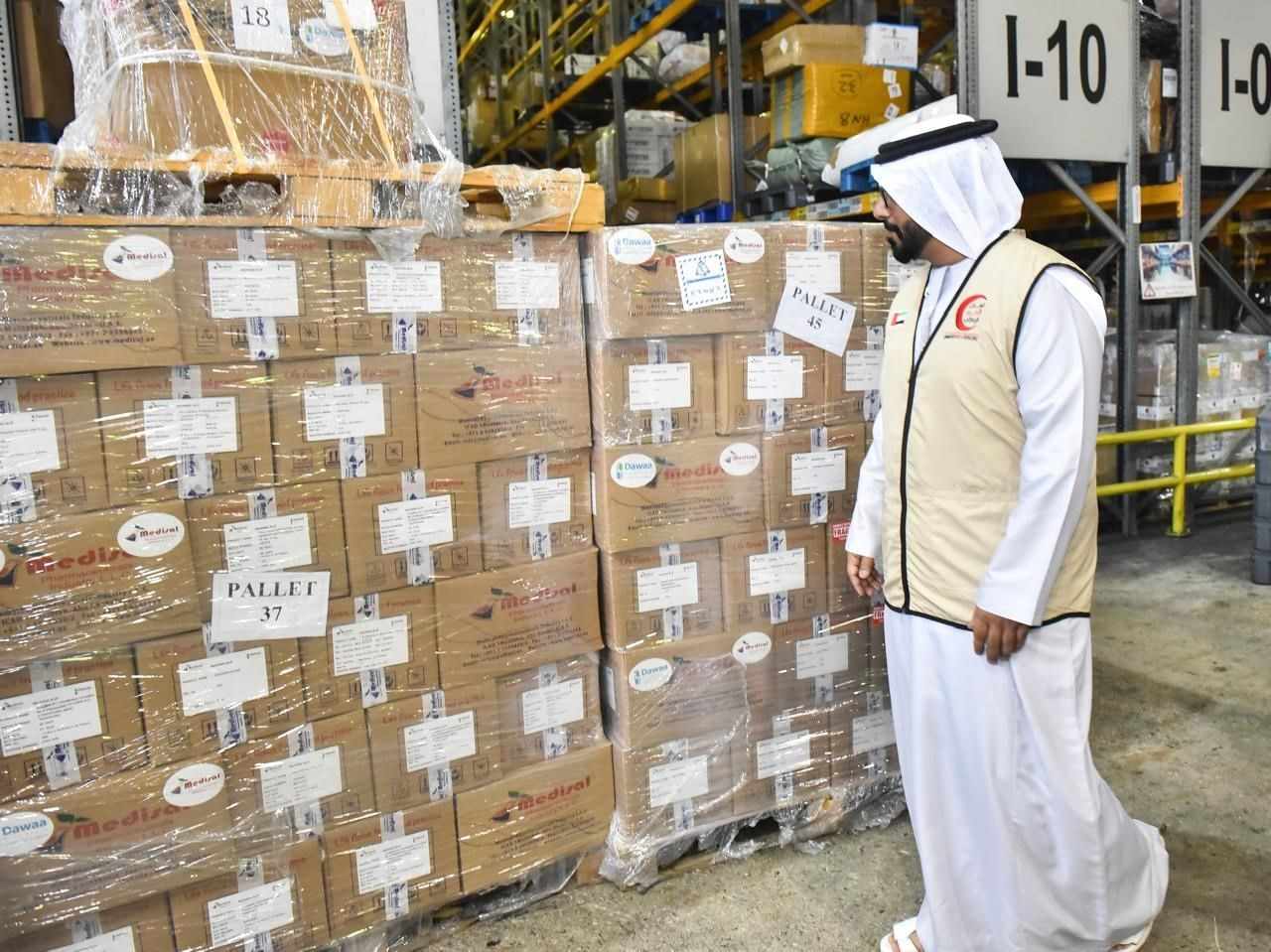Why wealthy countries should shield developing countries in times of crises – The National
- Date: 27-Jun-2022
- Source: The National
- Sector:Financial Services
- Country:Lebanon
Why wealthy countries should shield developing countries in times of crises – The National
Last weekend, police shot at motorists protesting against fuel shortages in a town north of Colombo, Sri Lanka. Moody’s further downgraded Laos’s sovereign rating into “junk” territory as people queue at petrol stations. Lebanon’s electricity company provides four hours of power daily at best, as a hot summer approaches and generators become unaffordable for many. Quito, Ecuador, was paralysed on Wednesday by demonstrations against expensive food and fuel.
These countries are not the wealthy European states who are themselves struggling with high bills and worrying about a cut-off of Russian gas before winter. They are not the US, which considers an ineffective cut in petrol taxes to mollify angry drivers. With few financial resources, they are on the front line of energy shortages, hunger and often climate crises.
The most vulnerable are those lower- and middle-income countries heavily dependent on imports of energy and agricultural goods, fiscally-constrained by already high debt levels, often suffering climatic problems such as drought and heatwaves, and frequently with political problems, including the legacies of civil wars, insurgencies and violent drug gangs.


















